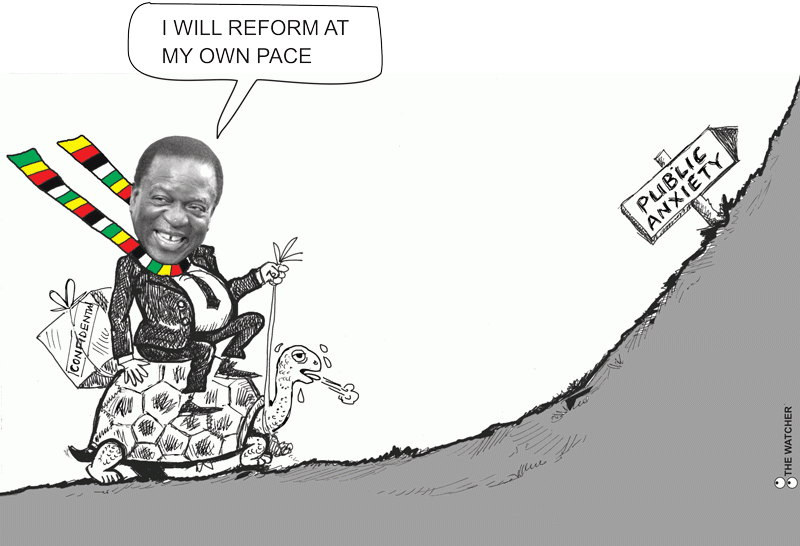
A recent analysis of the latest National Skills Audit report has revealed a direct correlation between the country's critical skills shortages and the escalating import bill, leading to a worsening current account balance.
According to the report, Zimbabwe faces a significant skills deficit in various sectors, including engineering and technology (93.6%), natural and applied sciences (97%), agriculture (88%), medical and health sciences (95%), and applied arts and humanities (18%). This skills gap has had a profound impact on the country's ability to produce goods and services domestically, forcing Zimbabwe to rely heavily on imports.
The import bill has surged in recent years, reaching US$9.22 billion in 2023, up from US$8.62 billion in 2022. Vegetable imports alone totaled a staggering 8.5 million dollars. This increase in imports has contributed to a worsening current account balance, which declined from 133.9 million in 2023 to 44.5 million in 2024.
Nyasha Gonese, president of the Indigenous Advisory Practitioners Association of Zimbabwe (IAPAZ), emphasized the link between skills shortages and the import bill. "Products are a combination of materials, machines, and professional services," Gonese stated.
"With such a significant skills deficit, it's no surprise that our import bill is escalating. We need to invest in developing local capacity to reduce our reliance on imports."
IAPAZ has been actively working to address the skills gap and promote local production. One of their initiatives is the Retired Corps Without Borders program, which aims to reconfigure retired professionals to save in learning institutions and match them with students and young professionals as mentors.
This program seeks to leverage the expertise of retired individuals to enhance skills development, promote entrepreneurship, and provide retired professionals with a sense of purpose and social engagement, which can help mitigate the accelerated health deterioration often associated with retirement.
As Zimbabwe continues to grapple with the challenges posed by the skills shortage, it is imperative to implement strategies to develop local capacity and reduce dependence on imports. Initiatives like IAPAZ's Retired Corps Without Borders can play a crucial role in achieving these goals
- Where are Zim universities getting it wrong?
- Local association extends hand to government in Skills development push
- IAPAZ extends hand to government in Skills development push
- Skills shortage drives import bill, worsens current account







